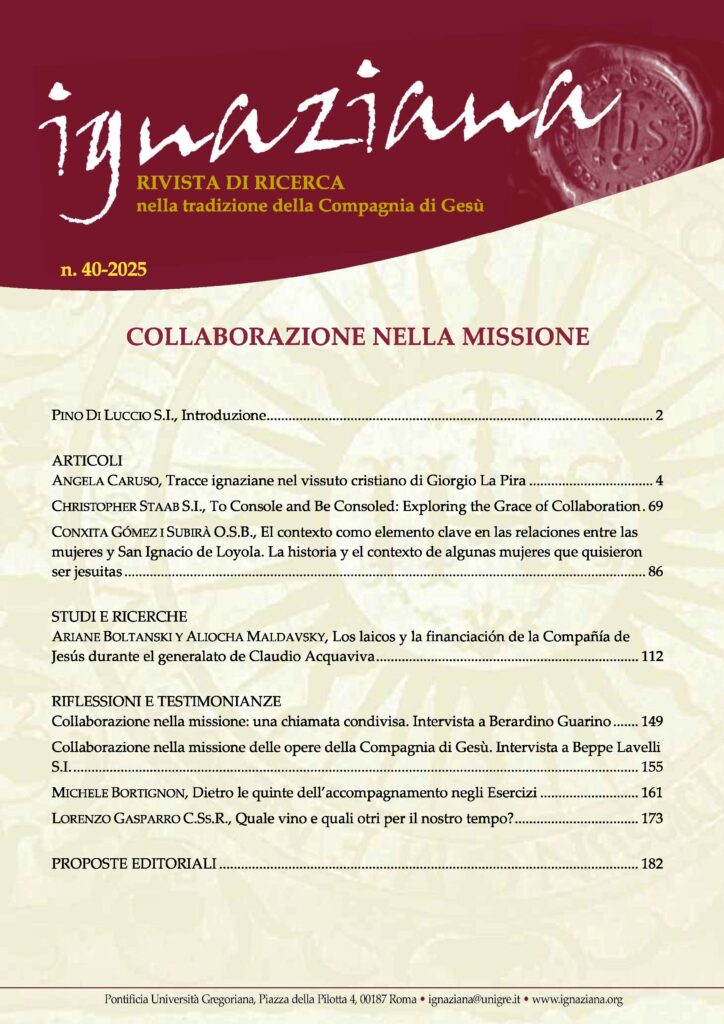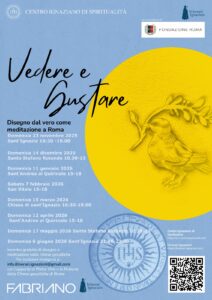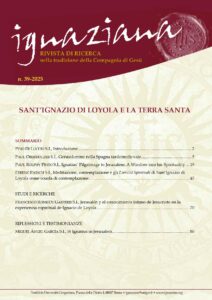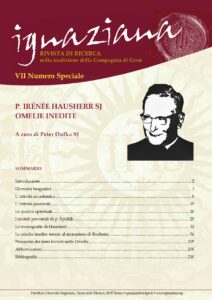Composers: Rahm Anne-Sophie Francoise Marie
| … Admirable grandeur Étonnante bonté Du maître de l’univers Qui s’humilie pour nous Au point de se cacher Dans une petite hostie de pain … Regardez l’humilité de Dieu Regardez l’humilité de Dieu Regardez l’humilité de Dieu Et faites-lui hommage de vos cœurs … Faites-vous tout petits Vous aussi devant Dieu Pour être élevés par lui Ne gardez rien pour vous Offrez-vous tout entier À ce Dieu qui se donne à vous … Regardez l’humilité de Dieu Regardez l’humilité de Dieu Regardez l’humilité de Dieu Et faites-lui hommage de vos cœurs … Regardez l’humilité de Dieu Regardez l’humilité de Dieu Regardez l’humilité de Dieu Et faites-lui hommage de vos cœurs … Regardez l’humilité de Dieu Regardez l’humilité de Dieu Regardez l’humilité de Dieu Et faites-lui hommage de vos cœurs | … Admirable greatness Amazing goodness Of the Master of the universe Who humbles Himself for us To the point of hiding Himself In a small host of bread … Behold the humility of God Behold the humility of God Behold the humility of God And offer Him your hearts … Make yourselves also very small Before God To be lifted up by Him Keep nothing for yourselves Offer yourselves entirely To this God who gives Himself to you … Behold the humility of God Behold the humility of God Behold the humility of God And offer Him your hearts … Behold the humility of God Behold the humility of God Behold the humility of God And offer Him your hearts Behold the humility of God Behold the humility of God Behold the humility of God And offer Him your hearts |
Anne-Sophie Rahm, born in Lausanne in 1988, discovered choral conducting after ten years of piano playing, which led her to compose several songs. Convinced that singing allows children to memorize what they hear, she wishes to help them internalize the words of the saints through simple and joyful melodies.
Humility is one of the meditations that Saint Ignatius proposes in his spiritual exercises.
{165} The First Way of Being Humble is necessary for eternal salvation, and consists in this. I so lower and humble myself, as far as is in my power, that in all things I may be obedient to the law of God our Lord. Consequently, even though others would make me lord of all the creatures in this world, or even to save my temporal life, never would I reach a decision to violate a commandment either human or divine which binds me under mortal sin.
{166} The Second Way of Being Humble is more perfect than the first. It is what I have when I find myself in this disposition: If my options are equally effective for the service of God our Lord and the salvation of my soul, I do not desire or feel myself strongly attached to having wealth rather than poverty, or honor rather than dishonor, or a long life rather than a short one. Furthermore, neither for all creation nor to save my life would I ever reach a decision to commit a venial sin.
{167} The Third Way of Being Humble is the most perfect, and consists in this. When I possess the first and second ways, and when the options equally further the praise and glory of God, in order to imitate Christ our Lord better and to be more like him here and now, I desire and choose poverty with Christ poor rather than wealth; contempt with Christ laden with it rather than honors. Even further, I desire to be regarded as a useless fool for Christ, who before me was regarded as such, rather than as a wise or prudent person in this world.
{168} Note. One who desires to obtain this third way of being humble will profit much by making the colloquies of the meditation on the Three Classes of Persons, as presented above. In order to imitate and serve our Lord better, he or she should beg him to be chosen for this third, a greater and better way of being humble, if the service and praise to the Divine Majesty would be equal or greater.
For more information:
Caroleo, Emma – Pinto, Paul Rolphy, S.J., «L’umiltà nella Regola di San Benedetto e nelle Costituzioni di Sant’Ignazio», in Ignaziana www.ignaziana.org 31 (2021) 50-74.
https://ignaziana.org/numero-31/





